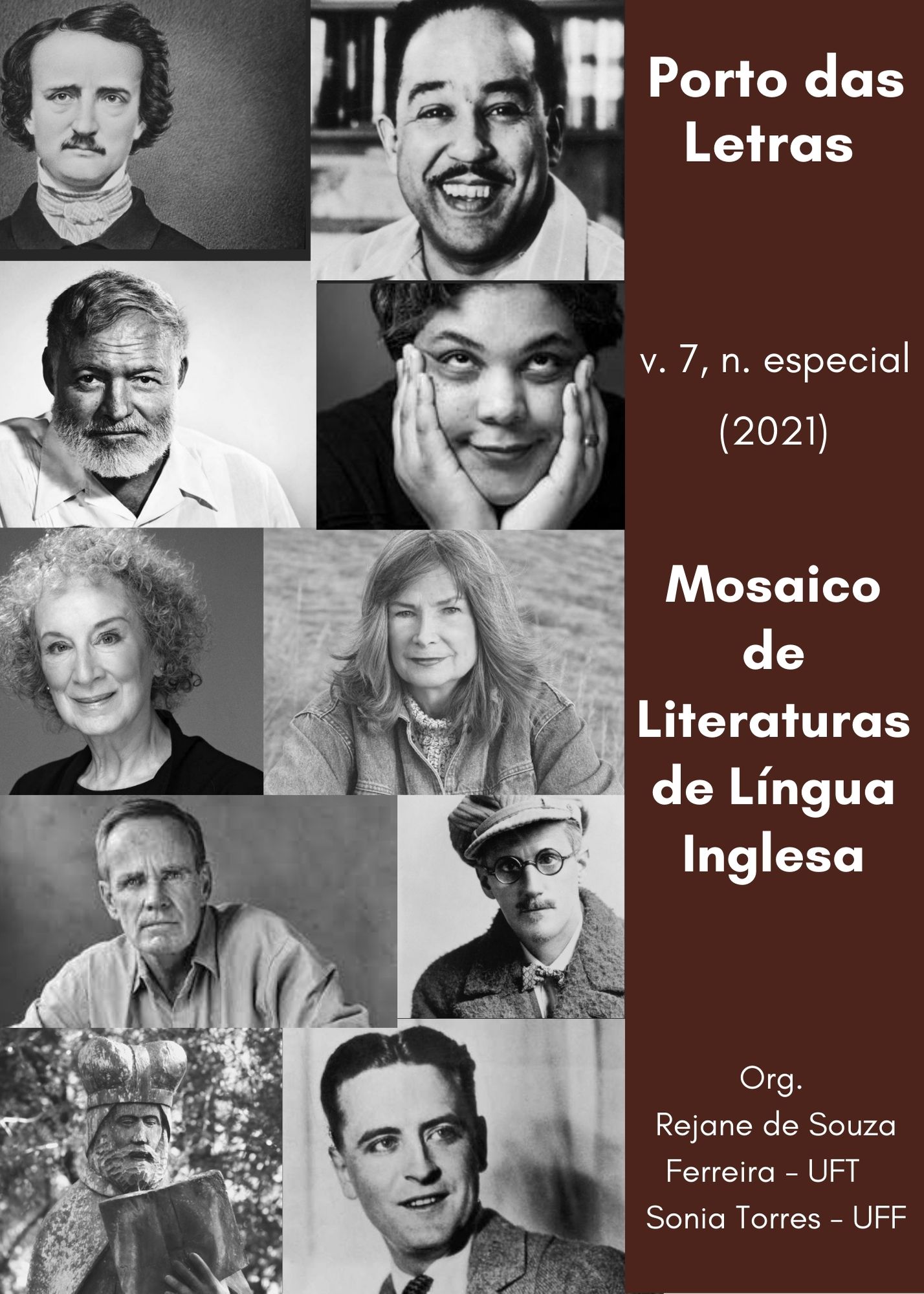O MITO DE PENÉLOPE REVISITADO
Keywords:
Mito de Penélope; Homero; Margaret Atwood.Abstract
It is not of today that myths are revisited. However, regardless of the period when that happens, there is a common fact: rereading always takes place according to social, cultural, and political conditions at the time of the recreation. On the other hand, in rereading, specific characters of the "original element" are usually used, aiming, above all, to reaffirm current ideologies. This paper aims to discuss the dialogical relations between Homer's Odyssey and Margaret Atwood's The Penelopiad. We discuss here the recreation of the myth by Atwood through her particular, parodic reinterpretation. She dialogues with the text that she recovers, above all, to demystify it, promoting the erasure of the male voice and the hero’s deconstruction. From these literary elements, this paper raises identifiable issues in contemporary times, offering a new perspective at the Greek myth and the classical world in general.
References
ATWOOD, M. The Penelopiad: the myth of Penelope and Odysseus. Toronto: Vintage/Canada, 2006.
AUBRETON, R. Introdução a Homero. São Paulo: USP/Difusão Europeia do Livro, 1968.
BAKHTIN, M. Questões de Literatura e de Estética – A teoria do romance. Tradução de Aurora Fornoni Bernardini et al. São Paulo: Hucitec, 2010.
GUIMARÃES, R. Dicionário da Mitologia Grega. São Paulo: CULTRIX/MEC, 1972.
HOMERO. A Odisseia. Tradução de Carlos Alberto Nunes. Rio de Janeiro: Ediouro, 2009.
HUTCHEON, L. A theory of parody: the teachings of twentieth century art and forms. Trad. Teresa Louro Pérez. Ed. 70. Lisboa: Portugal, 1985.
JAEGER, W. Paideia – A Formação do Homem Grego. Rio de janeiro: Martins Fontes, 1979.
JOZEF, B. O espaço da paródia, o problema da intertextualidade e a carnavalização. Revista Tempo Brasileiro (Rio de Janeiro), n.62, p.53¬ 70, jul.¬ set. 1980.
MOISÉS, M. Dicionário de Termos Literários. São Paulo: Cultrix, 1974.
SCHÜLER, D. Literatura Grega. Porto Alegre: Mercado Aberto, 1985.
SILVA, A. C. J. da. Na desconstrução de Odisseu, a reconstrução de Penélope. Letrônica, Porto Alegre, v. 3, n. 1, p. 210-219, 2010.
SOUZA, C. M. Helena de Tróia: o papel da mulher na Grécia de Homero.Rio de Janeiro: Lacerda Ed., 2001.
Downloads
Published
How to Cite
Issue
Section
License
Os autores concordam com os termos da Declaração de Direito Autoral, que se aplicará a esta submissão caso seja publicada nesta revista (comentários ao editor podem ser incluídos a seguir).

